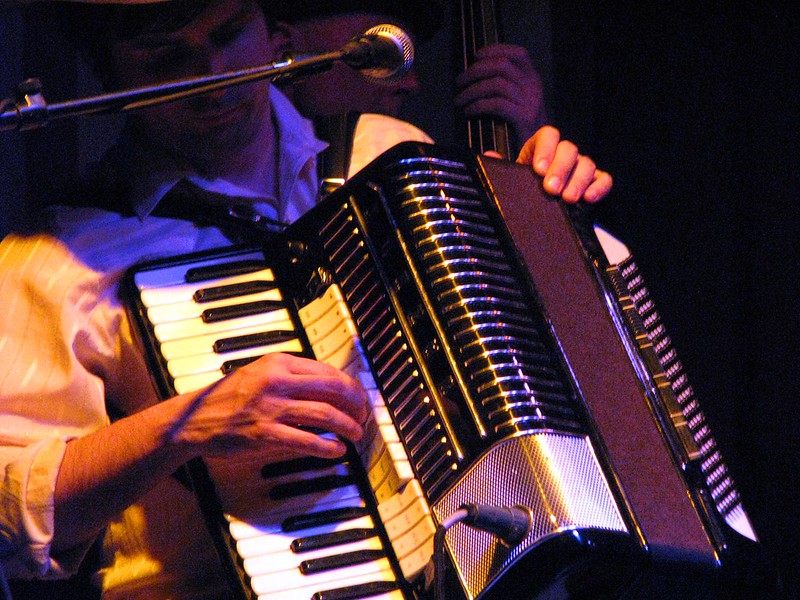Chicha: Cumbia in Peru

Chicha music, born in the urban melting pot of Lima in the 1970s, represents a fusion of traditional Andean melodies, Amazonian beats, and the modern influences of Lima’s cityscape. Its emergence was closely tied to the migration of rural populations to urban centers, creating a unique cultural blend. This new genre offered a voice to the marginalized, reflecting their struggles and aspirations.
Peruvian Cumbia
Peruvian Cumbia represents a fusion of traditional Andean melodies, Amazonian beats, and the modern influences of Lima’s cityscape. Its emergence was closely tied to the migration of rural populations to urban centers, creating a unique cultural blend. This new genre offered a voice to the marginalized, reflecting their struggles and aspirations.
Early Pioneers of Chicha
The early pioneers of Chicha, such as Los Shapis, Chacalón, Los Mirlos and Juaneco y Su Combo, became household names in Peru. They introduced electric guitars and synthesized sounds to traditional Cumbia rhythms, creating a distinctive and resonant sound that quickly gained popularity among the working class.
Chicha’s incorporation of psychedelic rock elements in the late 70s and early 80s marked a significant evolution in its sound. Bands like Los Destellos infused electric guitars and psychedelic effects, carving out a sub-genre that was both uniquely Peruvian and universally appealing.
Evolution and Transformation
Chicha became more than music; it was a cultural phenomenon. It mirrored the lives of its listeners, often touching on themes of love, poverty, and social injustice. Despite facing societal stigmas, Chicha carved out a space in Peru’s cultural landscape, becoming a form of social commentary and a source of identity for many.
Over the decades, Chicha has continuously transformed, incorporating modern trends and influencing other genres. The rise of technocumbia and cumbia pop in recent years has brought a new dimension to the traditional Chicha sound, with artists innovating while paying homage to the genre’s roots.
Chicha’s enduring popularity highlights its deep roots in Peru’s social fabric. Its influence is evident in various aspects of Latin American music and has even found an audience in international markets, symbolizing Peru’s rich musical heritage on the global stage.
Photo credit: Cortney Martin @ Flickr